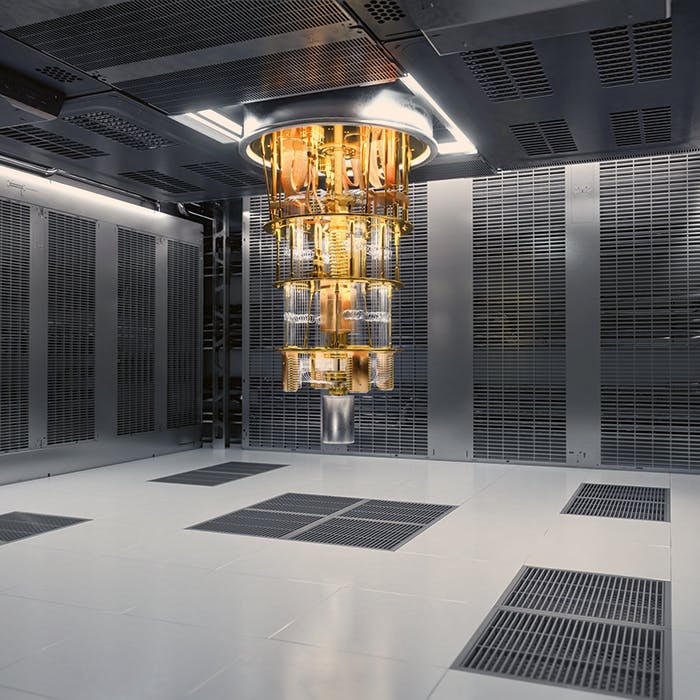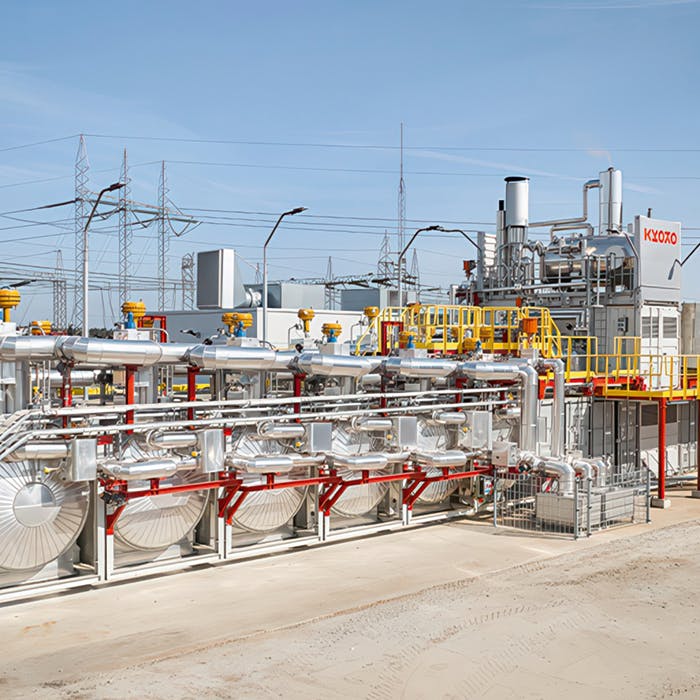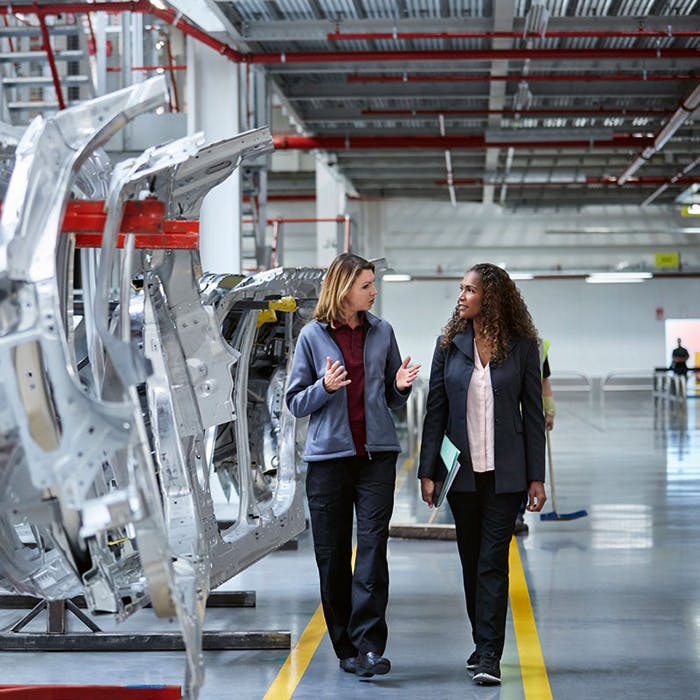

Using quantum computing to enhance carbon capture efficiency
Capgemini is collaborating with the U.S. Defense Advanced Research Projects Agency (DARPA), exploring the use of quantum computing to enhance carbon capture efficiency. The project aims to push the boundaries of climate technology by exploring quantum algorithms and simulations to better understand the predictive features of materials. The results can then be used in data-driven modeling for carbon capture and storage applications.
Capgemini’s dedicated Quantum Lab plays a crucial role, bringing together specialized expertise in quantum and computational chemistry to navigate the complex landscape of carbon capture technology. The collaboration promises to enhance our knowledge of metal-organic frameworks to increase diversity, flexibility, and the optimization of carbon capture and storage solutions.
Supply chain orchestration for climate tech scale-up
Capgemini partnered with Kyoto Group, a climate-tech startup focused on thermal battery technology for industrial applications, aiming to decarbonize processes that require heat up to 400°C. With a commercial pilot proving its technology, Kyoto Group faced challenges in scaling efficiently while managing supply chain orchestration and project execution without significant workforce growth. Over a seven-week sprint, Capgemini developed a comprehensive digital strategy and roadmap, defining the company’s digital vision, prioritizing key use cases, and assessing IT/OT architecture needs. This collaboration enabled Kyoto Group to streamline improvement efforts for maximum benefit with minimal effort.




Helping small-scale energy producers stabilize national grids
In June 2024, we signed a long- term agreement with Equigy, a pan-European platform launched by six European Transmission Systems Operators, to develop a new decentralized energy system to manage the supply and demand of electricity more effectively across Europe. The initiative focuses on the development of a Crowd Balancing Platform (CBP), which serves as a standardized data aggregator interface for small, flexible, and more efficiently distributed energy resources. This innovative platform supports the transition to a low-carbon economy by enabling the seamless participation of small-scale, distributed energy resources, such as electric vehicles and household batteries, enhancing grid stability. It empowers stakeholders to participate in grid balancing while minimizing dependency on traditional centralized power plants, thereby reducing peak generation costs and promoting a more efficient energy system across Europe.
